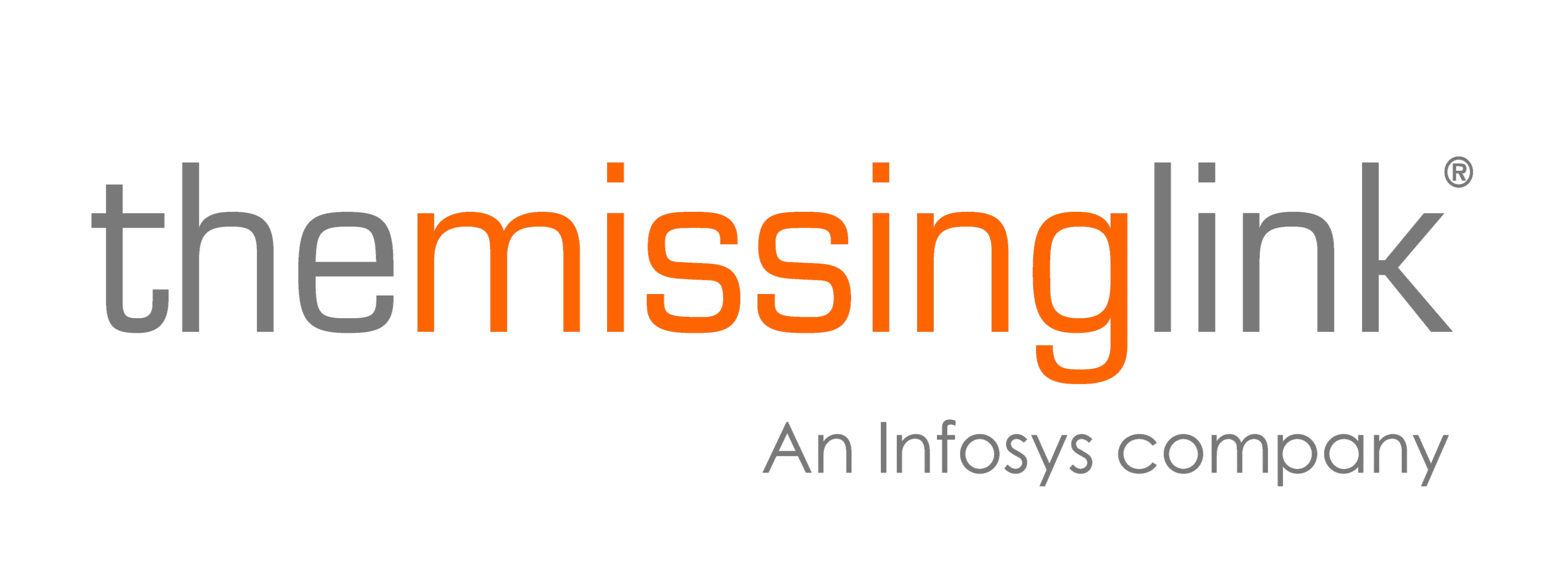Establish an effective best practice data security management system
ISO 27001 is a widely used framework to help businesses to protect their information through the adoption of an Information Security Management System (ISMS). The basic goal of ISO 27001 is to protect the confidentiality, integrity and availability of information.
Applying the standards of ISO 27001 enables businesses to manage the security of assets such as financial information, intellectual property, employee details and information delegated by third parties.
Protect your reputation and customer expectations
The cyber threat landscape is increasing, and with it, the impact it can have on your business’s reputation and customers is also growing. Not only does the standard provide your company with the necessary know-how to safeguard your most valuable information, it also provides your customers and partners with the assurance that their data is safe.
